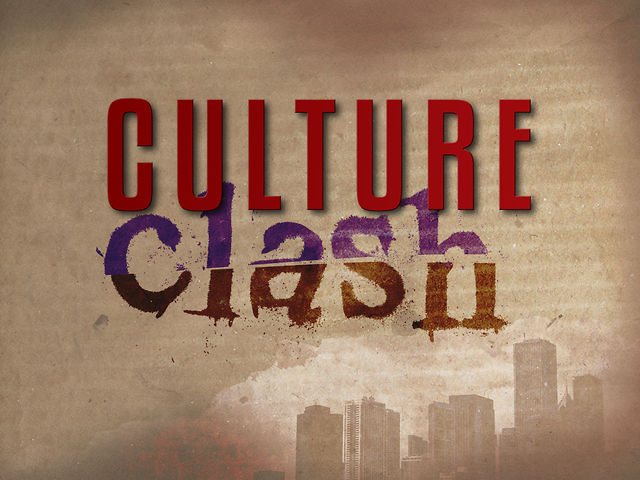There is an ongoing dialogue we all must manage. It’s a back and forth exchange of views that at times are aligned, and at others see things very differently. In the end we play the role of moderator and ultimately decision-maker in terms of the action we are willing to take.
External Voices
Each day we are bombarded with messages, directives, rituals and corporate cultures that encourage us to behave in certain ways. We can interpret these messages as negative peer pressure, all the way to a feeling of excitement when we are part of something fresh and new, where risk-taking is encouraged to achieve breakthrough performance.
These voices are constantly at work, and it is incumbent upon us as leaders to be aware of our environment and what that environment is telling us to do.
Internal Voices
The other half of this conversation is happening inside our heads. No, I’m not talking about mental illness. The voice I’m referring to is the one that is thinking, reacting, considering our responses, and actively working all day long. (Sometimes this voice keeps us up at night too.)
This voice plays a variety of roles for us: conscience, devil’s advocate, big thinker, and tactician. Ultimately, it is that inner voice that pushes us to action one way or another.
Finding Balance
In more sophisticated companies there is an intentional strategy to address corporate culture in a way that captures “how we do the work” in an open and transparent manner.
Reconciling those two cultural voices can be difficult for many employees, and the power of clearly stating an organization’s cultural norms and beliefs can go a long way in not only recruiting, but retaining good people too.
These are the people whose value systems align with the company and will ultimately create a foundation for future success.
Unfortunately, most companies still believe that a mission statement on the wall and a vision statement in the lobby are enough. The power of a culture statement never enters the strategic discussion and thus a huge opportunity is wasted.
When culture is ignored where does that leave the individual?
How About You
What are the voices in your corporate culture telling you? Are they locked in an epic battle between what you know on the inside is the right thing to do with what you’re hearing on the outside as the “preferred modus operandi?” Which voice are you listening to?
I’d love to hear from you.
No Excuses.




